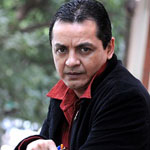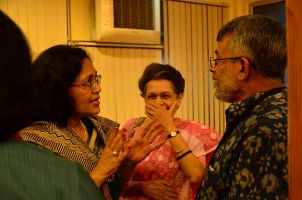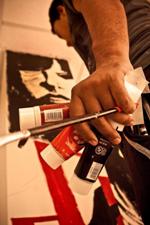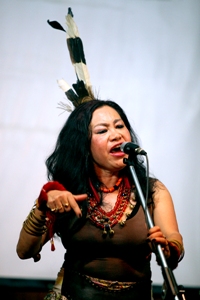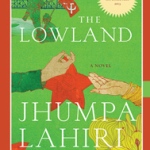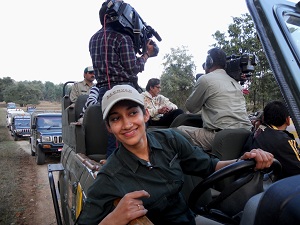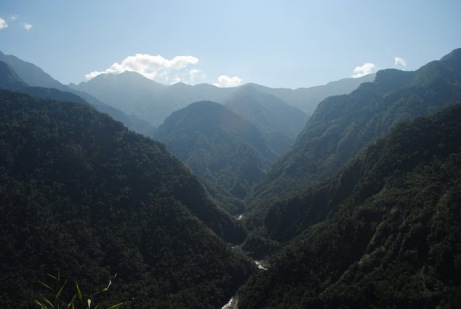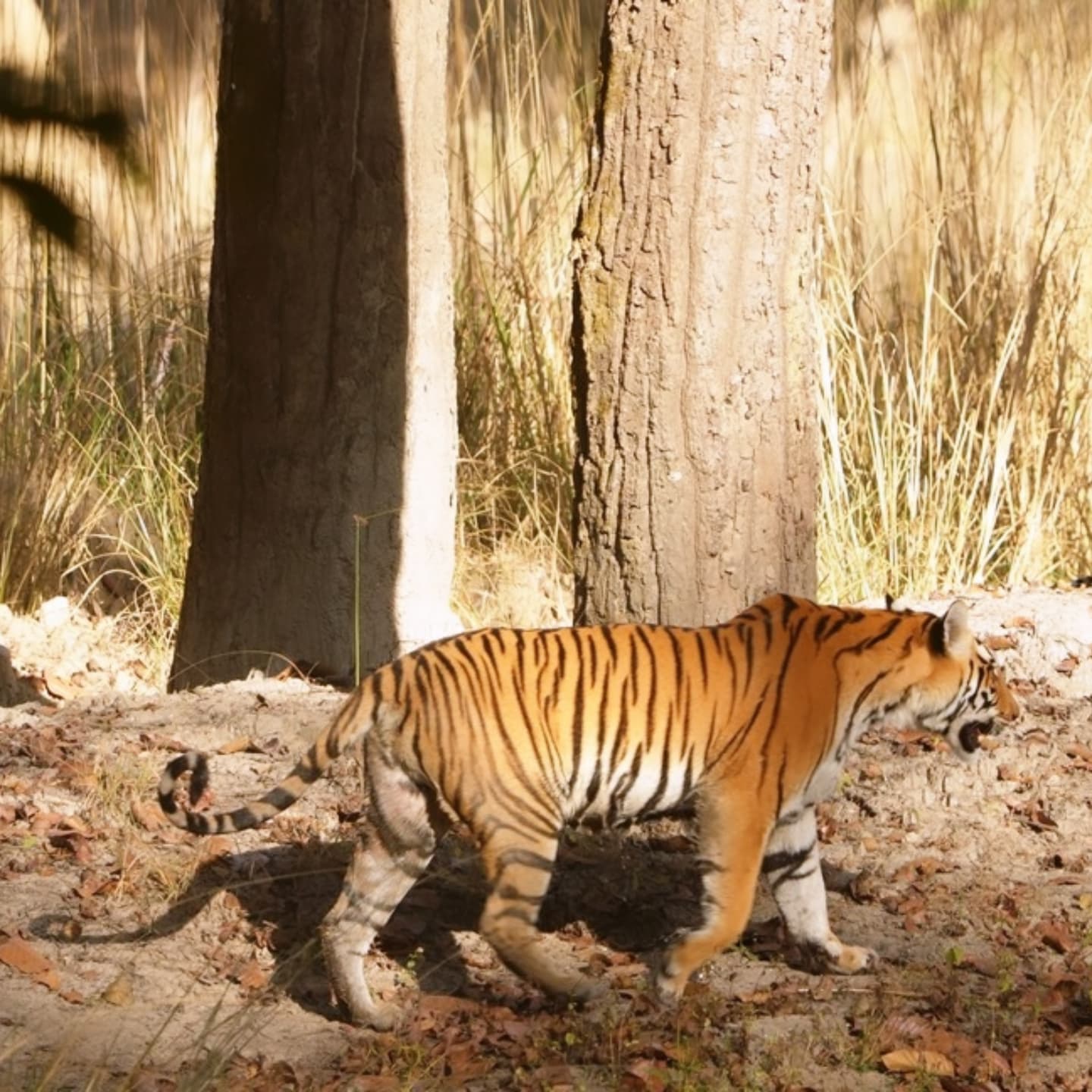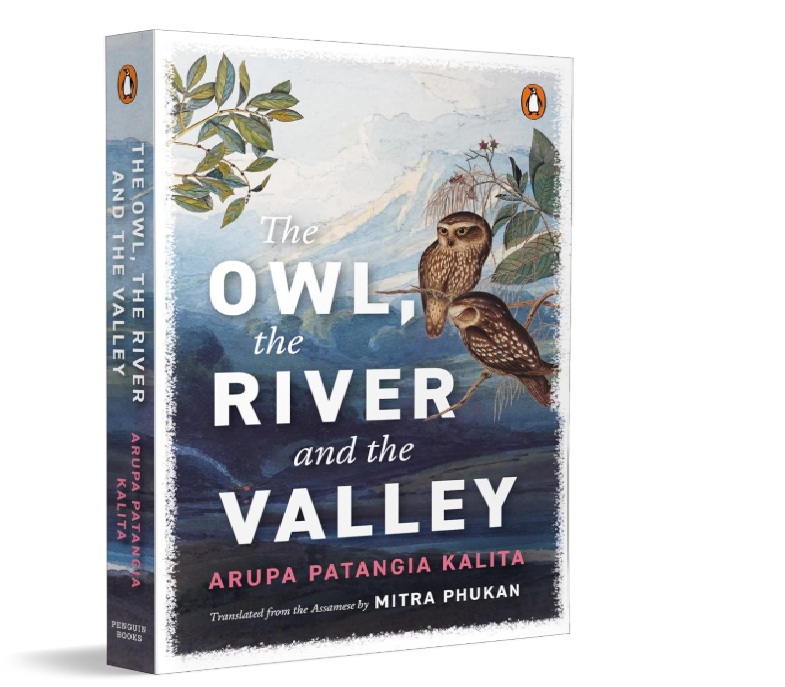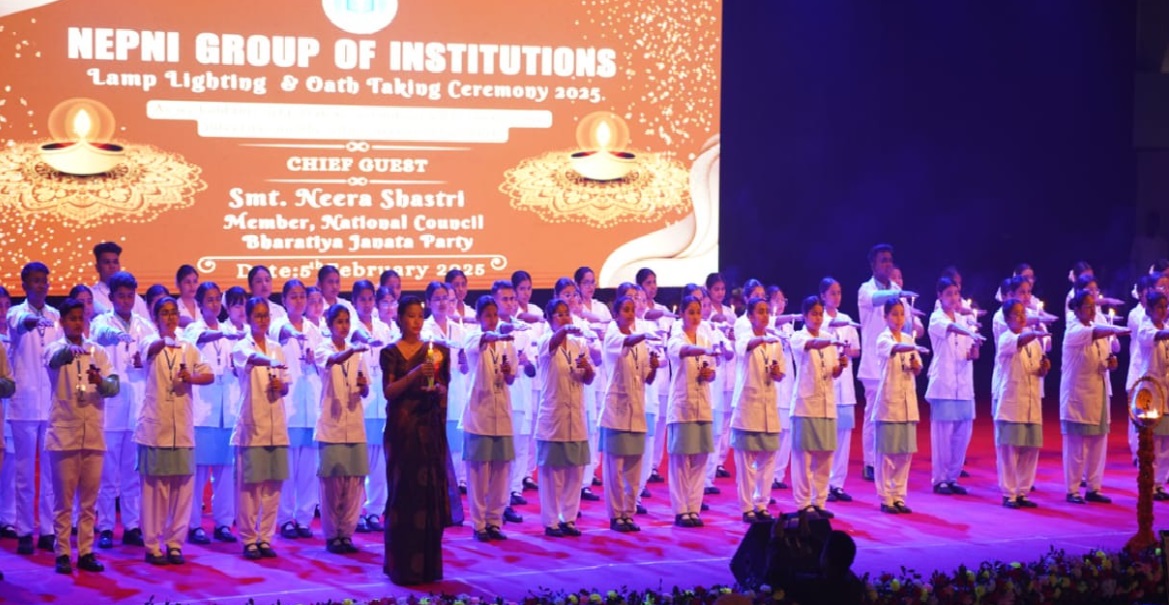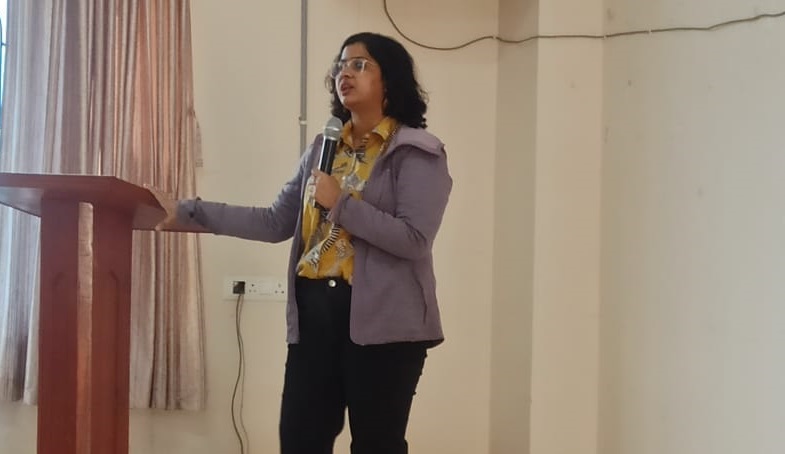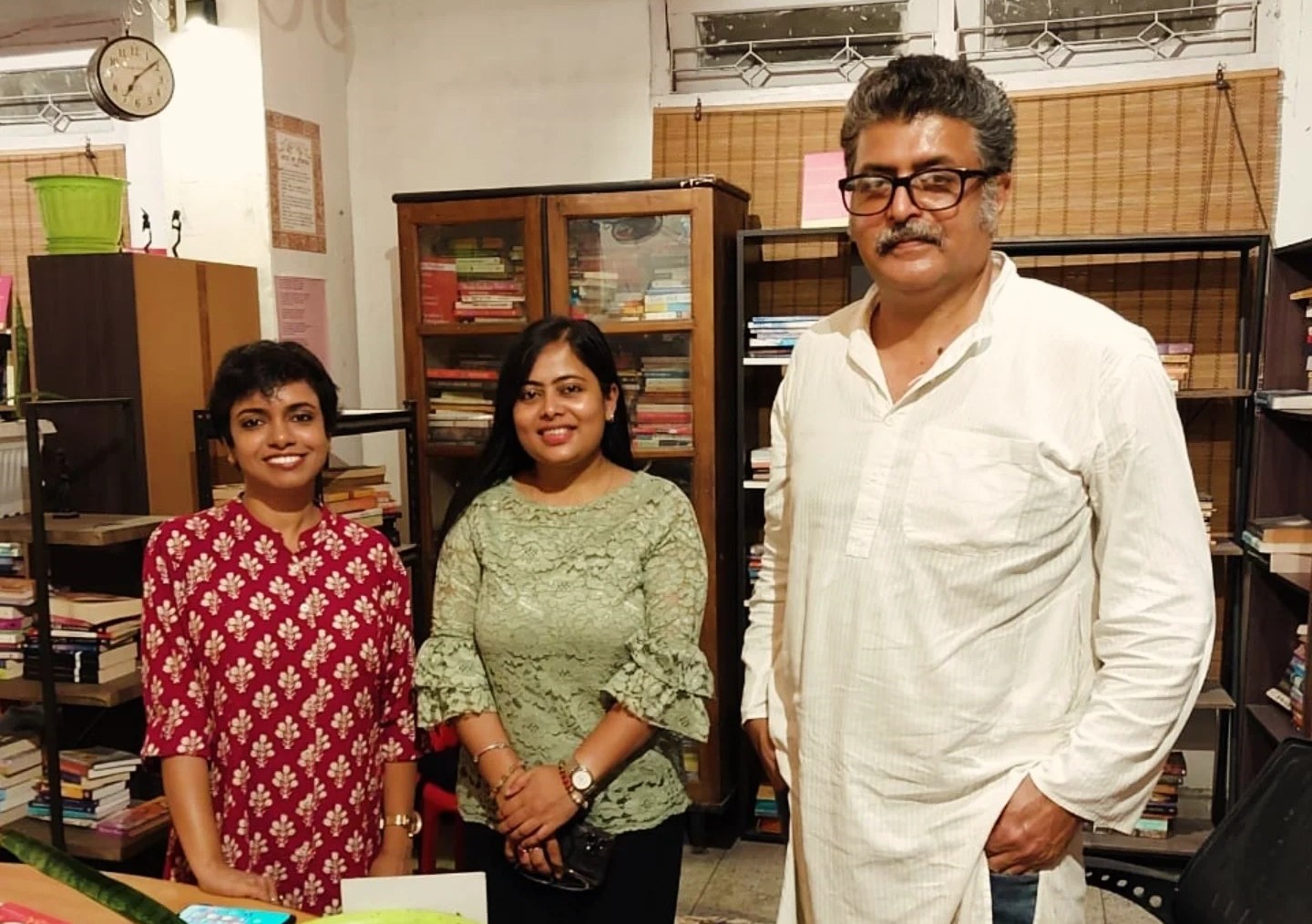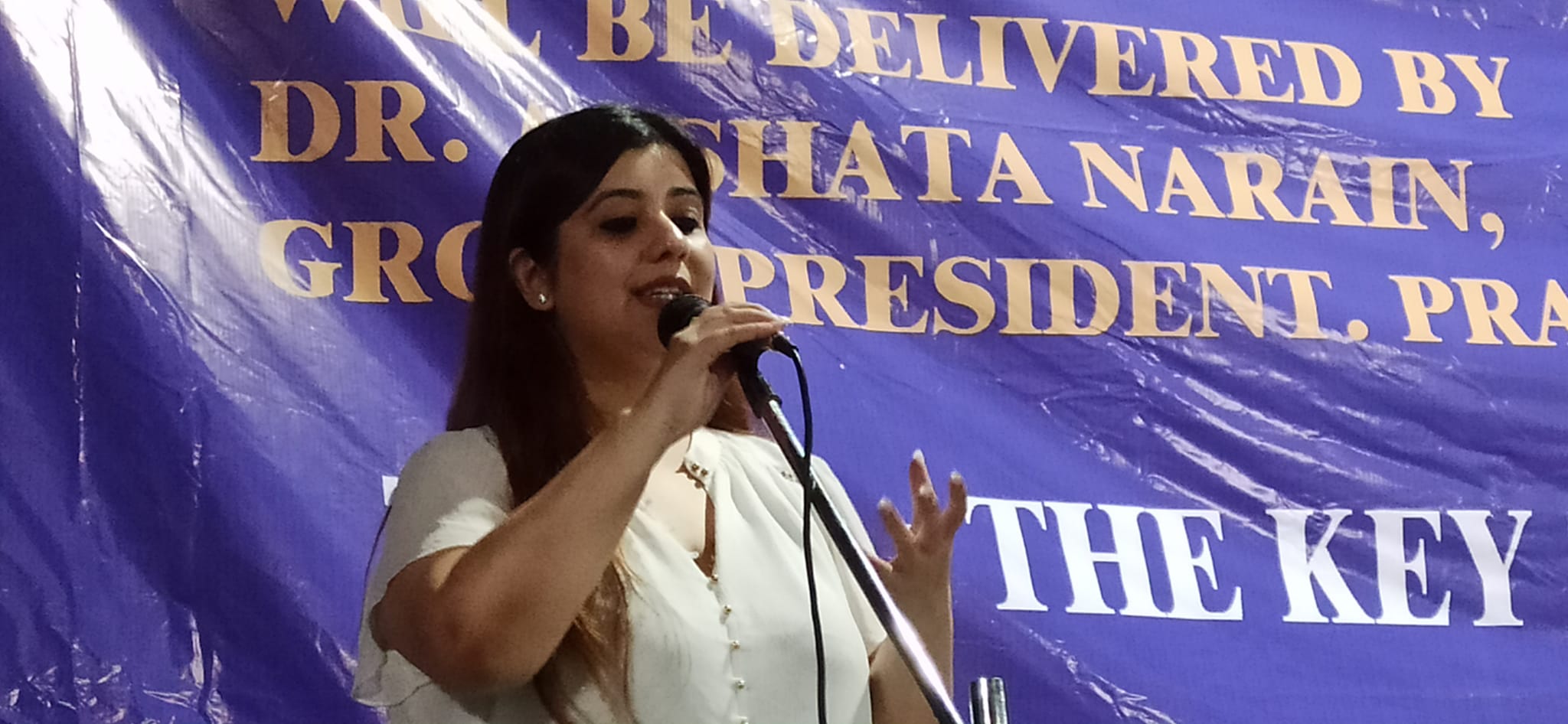Having been educated at an elitist Roman Catholic missionary school, I learnt next to nothing about square roots, gerunds or how, or even whether, Peruvian llamas were distinct from Tibetan lamas. But on two subjects my grounding was solid. One was deodorants ("Get a pot of Mum and smear some in your armpits every day, dearies") and the other was Sin. The word always had a capital initial, whether written or spoken—and there is a way of saying it that makes the hearer aware of the capital 's', I kid you not—and its varieties were wondrous and numerous.
Lowest down on the scale were the Venial Sins. These encompassed almost any activity a schoolgirl could be counted on to enjoy. Eating churan was a Venial Sin. So was reading a comic. Or digging your nose. Or refusing to snitch on the girl who had lopped the heads off Mother Superior's prized dahlias. The Devil—another word with a mandatory capital initial—must have been as busy as a blue-bottomed fly, running around totting up all the thousands of Venial Sins committed by the average schoolgirl in the course of just one day.
Topping the Sin Scale were the Mortal Sins, which included Murder, Fornication or Adultery, and other such weighty matters. But even convinced as they were that their wards were a bunch of savages, the rigorous instructresses at my school could not bring themselves to believe that Mortal Sins were the norm among us.
So they fell back on yet another list of Sins with which to caution and censure us: the Deadly Sins, which were as capable of sending their perpetrators to hell as the Mortal variety. These were, in order of magnitude, Pride ("Yippee! I'm so smart, I came first in class again!"), Envy ('I wish my hair was curly like Annie's"), Gluttony ("I want more chocolate cake! I want! I want! I want!"), Lust ("We don't want to dance with each other at the social; we want boys"), Anger (“I hate you till the day I die!"), Greed ("Why can't our family have two cars like Neera's?") and Sloth ("Please can I be excused from PT today? I have a tummy ache").
Armed with holy pictures, a hyperactive conscience and a healthy dread of the Devil, I struggled mightily to avoid committing the Deadly Sins, but to what extent I was successful I really can't tell. What I do know, however, is that today when I look back on those sinful days, it all seems such a lot of humbug. In fact, the moral compass of the modern world seems to have reversed itself and all those Deadly Sins have now become desirable merits.
Think about Pride, for starters. Workers in every field of industry are constantly being exhorted to take pride in what they do. Self-improvement books—that fly off the shelves even faster than porn, I'm told—emphasise that taking pride in one's abilities is the cornerstone of the self-confidence that leads to success.
Envy, likewise, leads to the achievement of corporate goals. Remember the iconic Avis tagline: 'We're No 2, so we try harder'? It puts envy to work for the corporate good, and simultaneously pushes yet another Deadly Sin into its coffin.
And what about Gluttony? It too is right up there among the list of merits. Every head-hunter of talent, every company floating its public issue, lays stress on the importance of 'hunger' as a desirable attribute. Leading to more growth, more clout, more money. That's what attracts prospective bosses; that's what attracts shareholders. And close siblings of this kind of hunger are Anger and Greed. How often have we seen recruitment ads demanding candidates with 'fire in the belly'? No fire, no hire. The passive guys get passed over, the angry guys burn like comets as they streak into the boardroom. As for Greed, we all now believe it's the old word for Aspiration. And in today's highly competitive, market-driven economy, if you're not aspirational, you're nobody. You're not the target consumer for the new, improved car or TV or toothpaste or chaddi-banyaan set.
So what does that leave us with? Sloth? Come on, everyone knows that stress is bad and being chillaxed is good. Gurus are making big bucks teaching us relaxation mantras, and cardiologists are minting money dealing with the consequences of hyperactivity of mind and body. So lie down, chill out, take it easy and avert the bypass surgery. Prozac, anyone?
And then there's Lust. Last, but oh so far from least. Ah, Lust. What would we do without it? The fashion industry, the beauty industry, the advertising industry—and even the IPL industry—would grind to a halt without a generous dollop of good, old-fashioned lust. Does anyone really believe I turned on the IPL every day while the matches were on merely to study the niceties of the googly or the doosra, the lofted shot or the cover drive? Give me a break, folks. It's the hot bods running around on the field that drew my eye. Fit, athletic, sweaty and oh, so sexy in their clingy jerseys. And it's only natural. Because the simple truth is that where there is lust there's life. And the opposite of lust is non-life.
So what Deadly Sins are we talking about? There ain’t no such things. Instead, we should learn to call them by their proper name: The Seven Lively Virtues. Celebrate them. Make them yours. Just do it!
The virtues of sin
With the world's moral compass reversing itself, the Deadly Sins are now desirable merits.writes BUNNY SURAIYA


Bunny Suraiya2 Posts
After an award-winning career in advertising, Bunny Suraiya took up writing and editing as her profession. She writes on travel as well as on social mores and literary subjects. She has contributed to The Times of India, the Hindustan Times, India Today, India Today Travel Plus, Jet Wings, Go Now and the Economic Times. She was a columnist with the Khaleej Times and Time Out London and is currently copy-editor for Sommelier India, India’s only wine magazine. Her first short story was published by Khushwant Singh in the Illustrated Weekly. Bunny Suraiya lives in Gurgaon with her husband Jug and her dog Mili. She loves travel, red wine and the cryptic crossword of the Times, London. Calcutta Exile is her first novel.
Connecting Calcutta
BUNNY SURAIYA on her novel which is set in Calcutta at the turn of the decade, one of the most vibrant and cosmopolitan cities of Asia
Wed, 22 May 2013The virtues of sin
With the world's moral compass reversing itself, the Deadly Sins are now desirable merits.writes BUNNY SURAIYA
Wed, 20 Nov 2013
